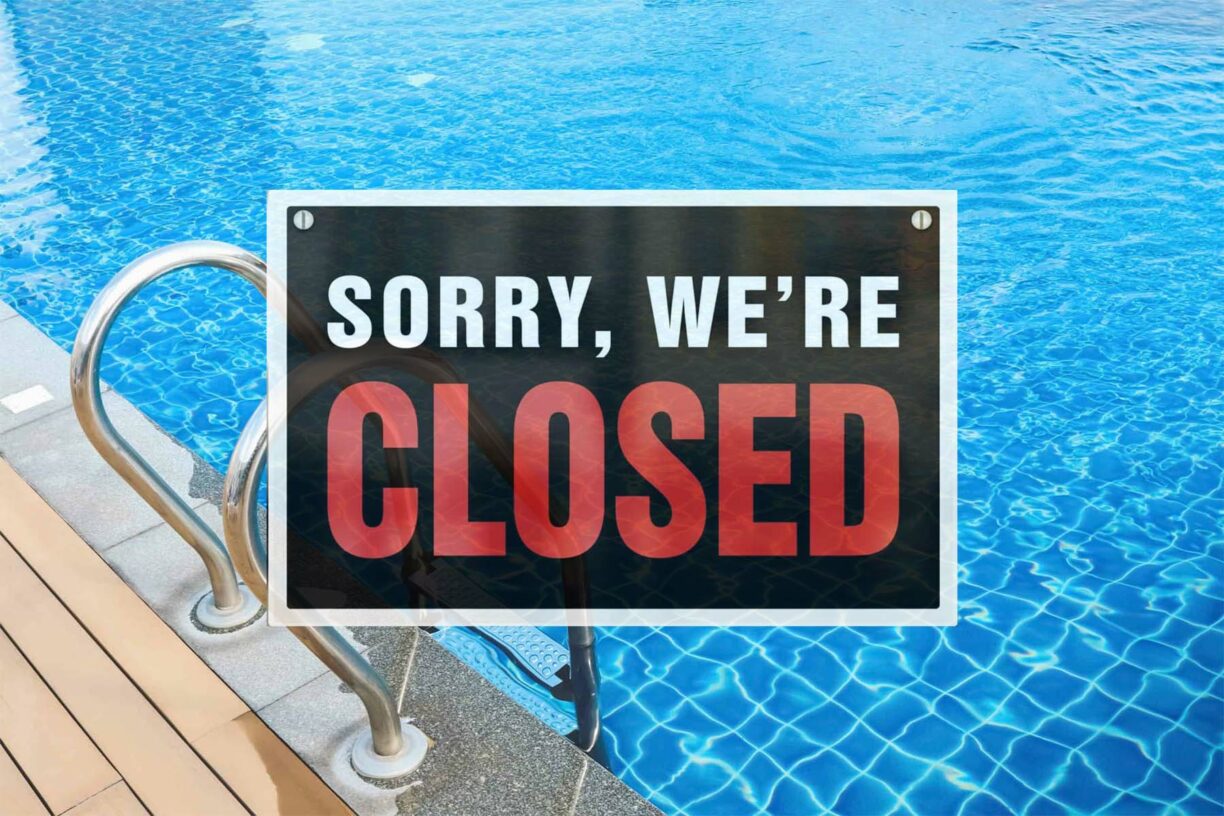We’ve all been there—sitting at the desk, typing away, and before you know it, your hand is reaching for the nearest snack.
But could all that mindless munching be sending your blood sugar on a rollercoaster and causing some unwanted extra pounds? Nutritionist Lily Soutter is on hand to help clear up all the confusion.
Lily has made it her mission to simplify the science behind nutrition, offering health hacks and practical strategies for smarter eating.
She specialises in workplace wellness, running nutrition programs in corporate settings across the UK. If anyone knows a thing or two about snacking and its impact, it’s Lily.
Do You Really Need to Snack?
One of the biggest questions people ask is whether they need snacks if they’re eating balanced meals every few hours.
According to Lily, “It is really important to listen to our hunger and fullness cues with regards to snacking. It can be all too easy to mindlessly snack and graze at our desk, but this can wreak havoc on our waistline and productivity.
There are no hard and fast rules as to when we should snack as we are all completely different and follow different lifestyles.
However, as a general rule of thumb, a balanced meal should keep us satiated for at least a couple of hours. If we feel hungry soon after eating, our meals may not be substantial enough.”
Signs You Actually Need a Snack
How do you know if you genuinely need a snack or are just reaching for something out of boredom?
Lily suggests, “If hunger strikes and you’re not close to lunch or dinner, it could mean that a snack may be necessary to tide you over. It could also mean that you haven’t consumed enough at your previous meal.”
Going too long without food can cause your blood sugar levels to dip, leading to that dreaded “hangry” feeling—“When we go for too long without food, our blood sugar levels may drop and we may feel light-headed, anxious and irritable – otherwise known as that ‘hangry’ feeling.”
Could Snacking Be Messing With Your Blood Sugar?
This is where things get a little tricky—it depends on what you’re snacking on. “If high sugar, fast release snacks such as Haribo or high sugar drinks are being consumed these could well cause a sudden surge in blood sugar.
However, opting for fibre-rich fruit with natural yoghurt which is a source of protein and fat will provide a more steady release of sugar into the bloodstream.”
So, if you’re wondering, Is snacking wreaking havoc with your blood sugar and weight?—the answer is in your snack choices.
The wrong snacks can send your blood sugar into chaos, but the right ones can keep things steady.
Is Grazing Throughout the Day Bad for You?
Constantly snacking, or grazing can lead to overconsumption of calories, particularly if you’re reaching for high-fat or sugary snacks.
“Excess consumption of high sugar and high-fat snacks may lead to overconsumption of calories throughout the day and can result in negative health outcomes.
Whilst some people may need to snack more than others, continuous grazing can have detrimental effects on long-term health.”
Does Tea or Coffee Count as a Snack?
Now here’s an interesting one—does your mid-morning latte count as a snack? According to Lily, “If opting for a latte or cappuccino you would also receive protein and calories from milk, and this therefore could be considered as a small snack.
In the short term, black coffee can raise blood glucose and free fatty acids, which can stimulate an insulin response. However, habitual consumption is associated with higher insulin sensitivity and lower risk of type 2 diabetes.”
What’s the Perfect Snack?
When it comes to snacking, portion size is key. “There are no set guidelines in relation to how many calories snacks should be.
However, I usually tell clients that 200-250 kcal per snack is generally a good portion size. If snacks are getting close to 400 kcal then it may be considered more of a meal and the individual may be consuming too much energy throughout the day.
Aim to include a protein source within snacks, which can help with satiety. Fibre-rich foods can also make a great choice and includes fruit, vegetables, nuts, seeds and whole grains. Increasing our fibre intake has repeatedly been shown to aid with satiety and maintaining a healthy body weight.”
Craving Sugar? Try These Alternatives
If you’re craving something sweet, here are a few healthier options that won’t send your blood sugar spiralling:
- Frozen Berry Popsicles: Blend natural yoghurt, berries, and cinnamon, freeze, and enjoy a guilt-free treat at just 27 calories per popsicle.
- Pistachio Chocolate Banana Sushi: Dip a banana in dark chocolate, sprinkle crushed pistachios, and slice into sushi pieces for a 170-calorie dessert.
- Apple Slice Cookies: Top apple slices with peanut butter, dark chocolate chips, coconut flakes, and walnuts for a delicious snack at 130 calories per slice.
The Biggest Snacking Mistake?
“Not being prepared, which often means reaching for less nourishing quick-fix options,” says Lily. Preparation is key if you want to snack smart.
The Myth of Eating Little and Often
You might have heard that eating little and often boosts metabolism, but according to Lily, “This is false.”
There’s no evidence to support the idea that constantly grazing will fire up your metabolism any more than eating balanced meals will.
In summary, snacking doesn’t have to be the villain here. It’s about making conscious, healthy choices, listening to your body’s cues, and avoiding mindless grazing.
So, the next time you reach for a snack, ask yourself, Is snacking wreaking havoc with your blood sugar and weight? Or is it helping you power through your day in a balanced way? The choice, as they say, is yours!





